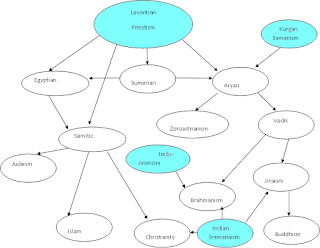In Tamil Nadu, people tend to pronounce 'zha' as 'la'. So God help me if M.K. Stalin's brother M.K. Azhagiri is a cousin of Dante Alighieri.
The whole issue arises because of total misunderstanding about migration of people to Tamil region. The early development of Tamil literature has muddied the objectivity of the Dravidian linguistics.
In my opinion, if one traces the migration route then Tamils are a mix of Proto-Malayali and Proto-Kannada population. It appears Proto-Malayalam has become defacto lingo whereas Proto-Kannada influence could be found in the pronunciation.
I would say zh->l change can never happen. The change should be
r->zh->y (as it's observed in Scottish and American English and probably in Norwegian too).
Other change should be;
d->l
If you observe Kerala, people would use either 'zh' or 'y' but never 'l'. In these words Tulu shows 'r'.
If Dravidian linguists keep in mind Out of Africa theory then it would help them in their work. The shortest route to Tamil Nadu is thro' west-south coastal India. This route divides into Kerala and Karnataka branches. I can still see a certain pattern in r->zh->y changes and this is not as ambiguous as claiming that since 'zh' tongue position itself is ambiguous inside the mouth all kinds of other sounds 'd', 'l', 'r', 'y' can arise.
Since languages not only change with distance but also with time, I don't think this 'oldest' or 'youngest' languages have any meaning. One can only talk in terms of older region and younger region based on migration.
Of course, If Jayaschandran thinks Tamils wrongly pronounce 'zh' then his understanding is wrong. 'l' is the sound they inherited from their proto-Kannada ancestors whereas literary Tamil phonetics is influenced by Tamils of Proto-Malayali ancestry.
